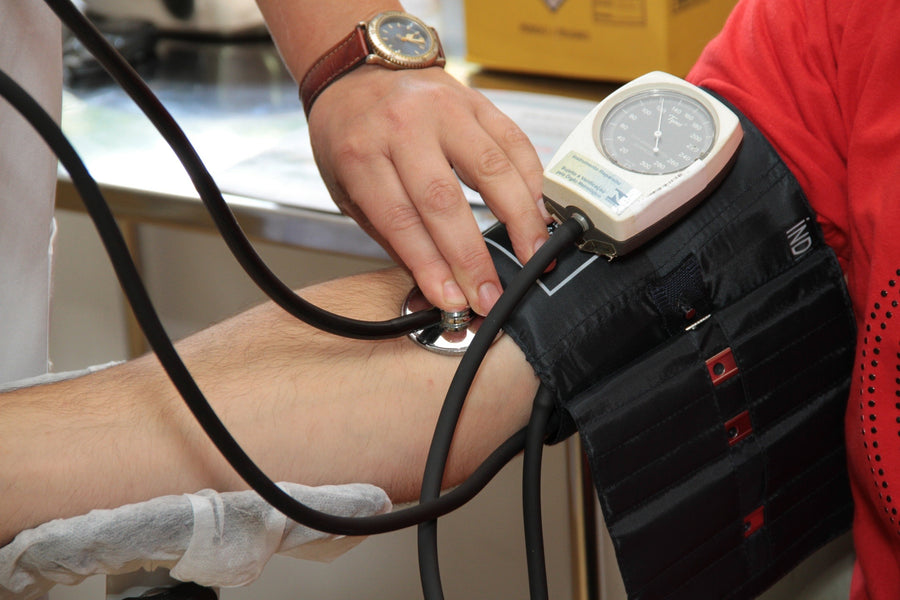Screening for prostate cancer is controversial. A blood test called PSA measures elevated levels of a protein in the blood that identifies prostate cancer but can also reflect less serious prostate issues such as a simple enlargement. The latest data indicates PSA blood tests may slightly reduce the chances of dying from the disease though screening can also lead to needless treatment that could have untoward effects. The U.S. Preventive Services Task Force advises men, aged 55 to 70, to discuss with their physician and consider the potential benefits and harms before testing. The ideal candidates for screening are those with a family history of prostate cancer, especially if a father or brother developed the disease before age 70. Elevated PSA levels don’t always predict cancer but they require a prostate gland biopsy to confirm, which carries the risk of infection. If the biopsy shows cancer, treatment, which includes radiation and surgery, sometimes leads to incontinence and impotence. Men aged 70 and up are not advised to be screened since the risks outweigh the benefits. Even if prostate cancer is found, men over 70 are more likely to die from other causes since the growth of prostate cancer is often quite slow, and can take years or decades.








